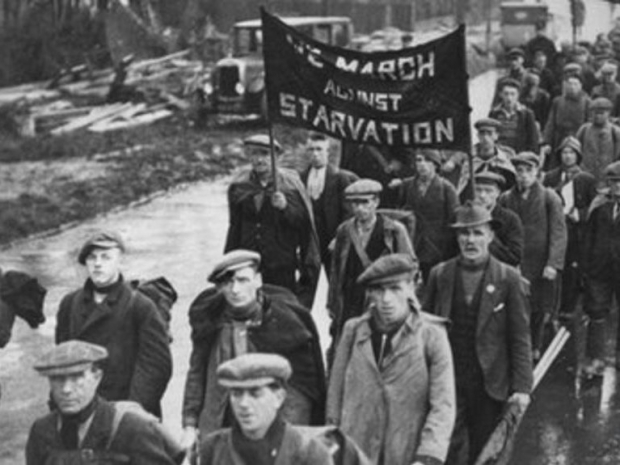A government report into the move to automation said that more than 1.5 million workers in Britain are at high risk of losing their jobs. Women and those in part-time work will be most affected.
So far supermarket checkout assistants have already withstood the worst of the phenomenon, the Office for National Statistics found, with 25.3 per cent of jobs disappearing between 2011 and 2017.
Other jobs where automation has taken its toll include laundry workers, farm workers and tyre fitters, among which numbers have dropped by 15 per cent or more, said the ONS, as machines have replaced labour.
Women are most likely to lose out, said the ONS. “The analysis showed a higher proportion of roles currently filled by women are at risk of automation; in 2017, 70.2 per cent of high-risk jobs were held by women.”
Tamworth, Rutland and South Holland in Lincolnshire as the areas most exposed to automation – partly reflecting a relatively high level of farm workers – while Camden in north London has the workers least at risk.
But the ONS analysis also found many workers – especially those in their mid to late 30s and who work in London and the south-east – have little to fear from the rise of the robots.
“The risk of job automation … is lowest for workers between 35 and 39. Just 1.3 per cent of people in this age bracket are in roles at substantial risk of automation,” said the ONS.
Other worries were that tasks currently performed by young adults were most at risk of automation, partly because entry-level jobs have simpler tasks that can be more easily computerised.
Higher levels of education protect workers from automation. The ONS said that, of the jobs at risk, 39 per cent were held by people whose educational attainment level was GCSE or below, while 1.2 per cent were held by those who had been through higher education or university.
The shadow chancellor, John McDonnell, said: “The workers most at risk from automation are the same workers already badly hit by austerity. Workers and trade unions should take charge of the changing economy, not be its casualties. The next Labour government will be on the side of workers and our planet, ushering in a green industrial revolution.”

